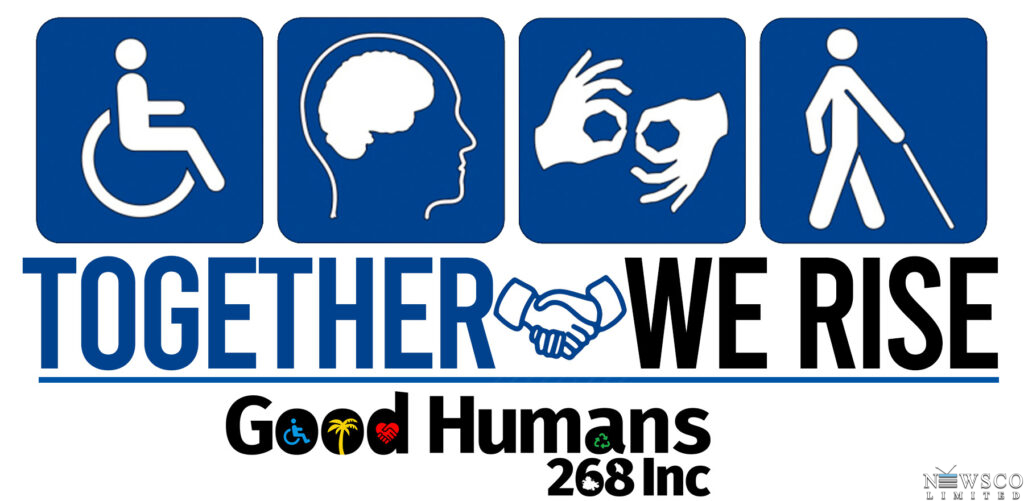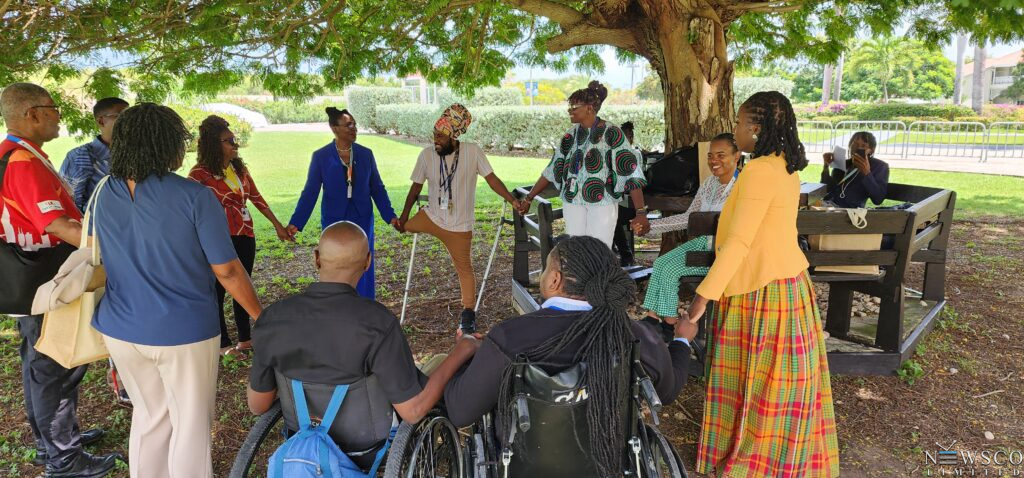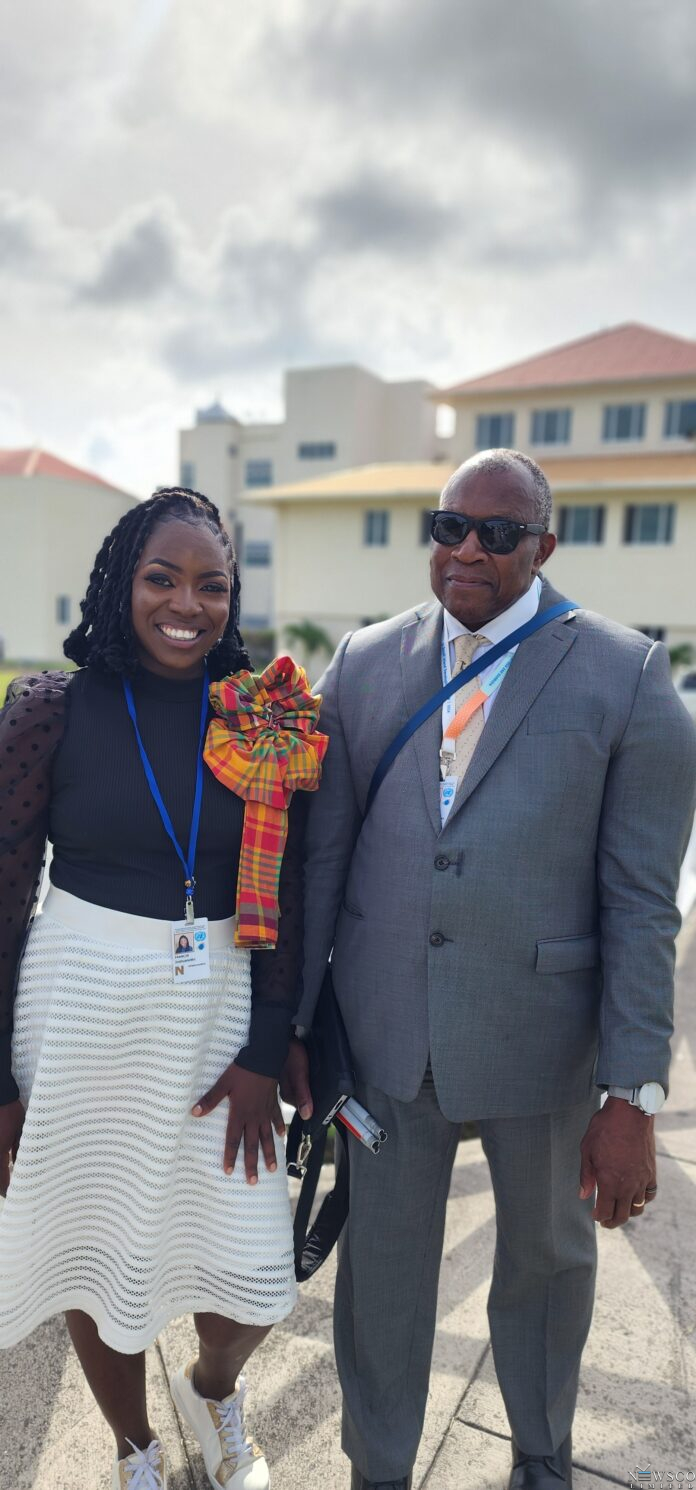
In the journey toward a more inclusive society, disability awareness and advocacy are crucial. But whose responsibility is it to foster this awareness and drive the necessary actions? The answer is multifaceted, involving the government, citizens, and individuals with disabilities themselves. Each group has unique roles and responsibilities, and only through their combined efforts can significant progress be made.
The government plays a pivotal role in shaping an inclusive society through its policies, programs, and financing of public goods. Comprehensive legislation is fundamental in protecting the rights of individuals with disabilities and ensuring equal opportunities. Laws such as the Antigua and Barbuda Disability Act. The Antigua and Barbuda Disability Act, enacted to promote the rights and inclusion of individuals with disabilities, aims to ensure equal opportunities and accessibility in all areas of life. This landmark legislation mandates the removal of barriers in education, employment, transportation, and public services, fostering a more inclusive society. The act emphasizes the importance of awareness campaigns, vocational training, and support services, reflecting a commitment to enhancing the quality of life for people with disabilities and promoting their full participation in society. By allocating resources to these areas, the government not only improves the quality of life for individuals with disabilities but also empowers them to contribute more fully to society.

Awareness campaigns are another crucial aspect of the government’s role. Public service announcements, educational programs, and partnerships with media can help change public perceptions and reduce the stigma associated with disabilities. By promoting a narrative of inclusion and capability, these campaigns can inspire broader societal change.
While the government provides the framework for an inclusive society, citizens are the ones who bring these policies to life through their actions and attitudes. Being one’s “brother’s keeper” is a principle that underscores the importance of empathy and support in everyday interactions. Citizens can advocate for disability awareness by participating in or organizing community events, supporting inclusive businesses, and volunteering with organizations that assist individuals with disabilities.
Education is a powerful tool for change. By educating themselves about the challenges faced by individuals with disabilities and the programs available to support them, citizens can become informed advocates. This knowledge enables them to assist others in navigating these programs and ensures that the policies designed to help are effectively utilized.
Following and supporting government policies is also a crucial aspect of a citizen’s responsibility. Compliance with accessibility standards, for example, ensures that public spaces are usable by everyone. Additionally, citizens can lobby for improvements in existing laws and the introduction of new measures to enhance inclusivity.
Individuals with disabilities are at the heart of the movement towards a more inclusive society. As self-advocates, they can raise awareness about their experiences and the barriers they face. By sharing their stories and perspectives, they provide invaluable insights that can shape more effective policies and programs. Learning about existing policies and programs is vital for individuals with disabilities. This knowledge enables them to take full advantage of the resources available and to advocate for necessary changes. By staying informed, they can also help others in their community access these benefits.
Innovation is another area where individuals with disabilities can lead the way. Their unique experiences often inspire creative solutions to everyday problems, resulting in new technologies, services, and approaches that benefit everyone. Forming focus groups and connecting with one another allows for the exchange of ideas and support, fostering a sense of community and collaboration.
Achieving a more inclusive society is not the responsibility of any single group. It requires a collective effort where the government, citizens, and individuals with disabilities work together towards common goals. By understanding and fulfilling their respective roles, each group contributes to a society that values and includes everyone. Government initiatives set the stage for change, providing the necessary legal and financial support. Citizens bring these initiatives to life through everyday actions and advocacy. Meanwhile, individuals with disabilities drive innovation and provide critical insights into the practical application of policies and programs.
Together, we can create a society that not only recognizes the rights and potential of individuals with disabilities but also celebrates their contributions. By working in unison, we can ensure that everyone has the opportunity to participate fully and equally in all aspects of life. Through awareness, education, and collaboration, a truly inclusive society is within our reach.


